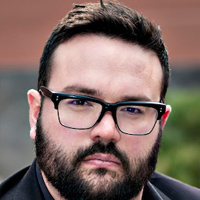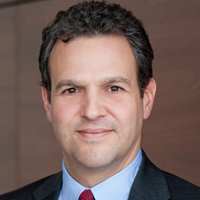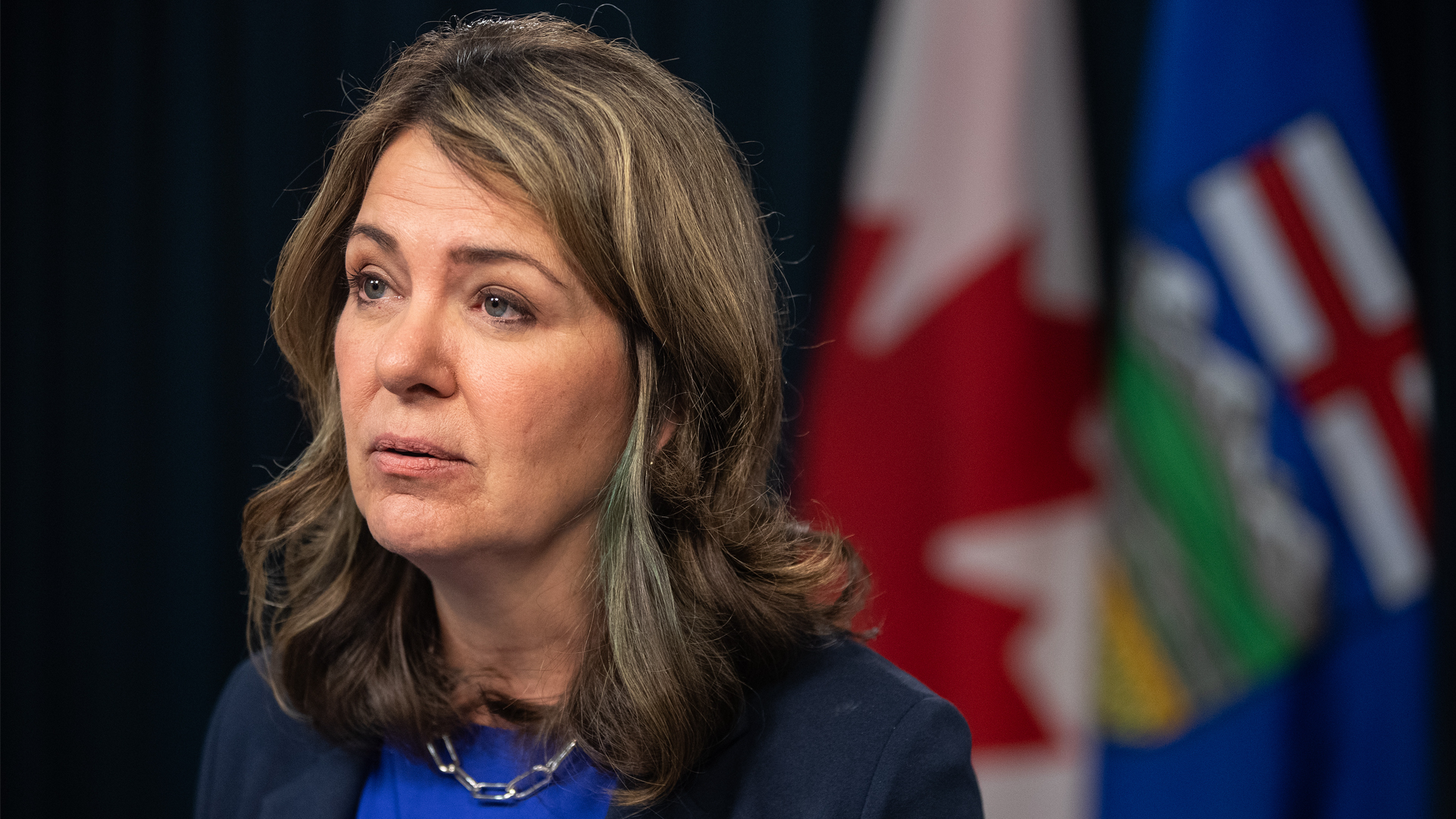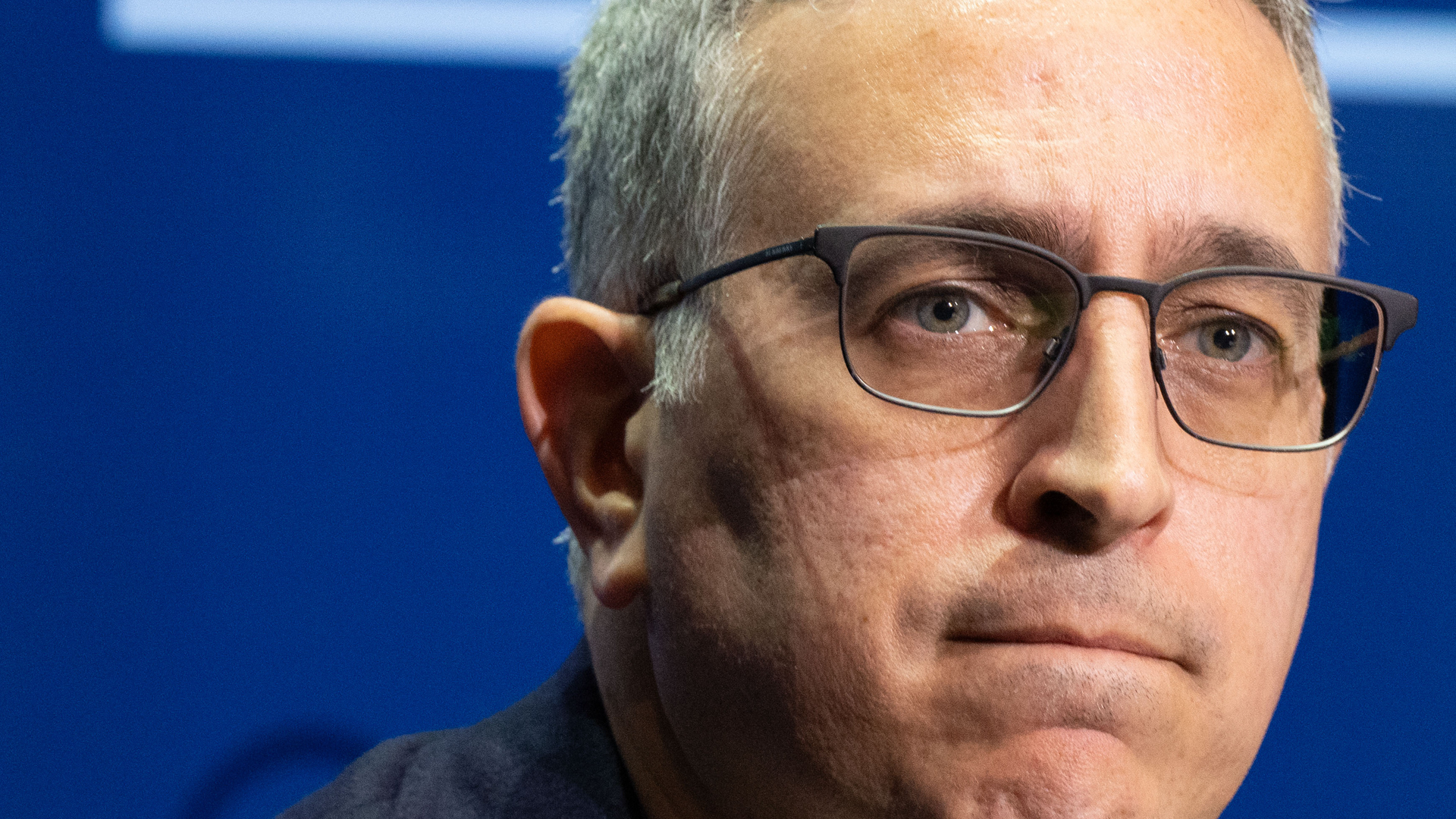
Prime Minister Justin Trudeau’s Liberals made evidence-based policy a cornerstone of their platform, in a bid to contrast themselves with the previous government. As part of that emphasis they have snapped up a number of high-profile scholars and researchers. Here’s a look at some of the policy wonks Trudeau has brought on board.
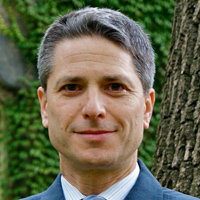 Matthew Mendelsohn — the man with the plan
Matthew Mendelsohn — the man with the plan
Title: deputy secretary to the cabinet (results and delivery), housed in the Privy Council Office.
Formerly: director of the Mowat Centre at the University of Toronto’s School of Public Policy and Governance
Important work: founded the Mowat Centre, which studies public policy, especially with regard to the federal government and Ontario’s place in the federation, and makes recommendations on which governments can act. In a previous role with the Ontario government, he set up the Citizens’ Assembly on Electoral Reform.
Where policy meets research: Mendelsohn has spent much of his career working on how to make government more effective. He’s now the top civil servant in charge of ensuring the public service works with cabinet to deliver the results outlined in the mandate letters to each minister, which he had a hand in writing as part of Trudeau’s transition team.
Title: policy adviser in the democratic reform section of the Privy Council Office
Formerly: public servant at Health Canada; was tasked with government transformation at the Mowat Centre.
Important work: Democratizing the Constitution, which he co-wrote with Lori Turnbull and the late Peter Aucoin. The book won the Donner Prize for the best public policy book by a Canadian and the Donald Smiley Prize for the best book related to the study of government or politics in Canada.
Where policy meets research: Jarvis is an expert on responsible government who believes strongly that the executive – the prime minister and cabinet – must be accountable to Parliament. He’ll bring that background to the unit that supports Maryam Monsef, the minister in charge of remaking the Senate and introducing electoral reform.
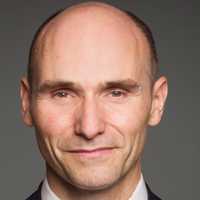 Jean-Yves Duclos — the unofficial leader of the “economist party”
Jean-Yves Duclos — the unofficial leader of the “economist party”
Title: Minister of Families, Children and Social Development
Formerly: director of the Department of Economics at the Université Laval
Important work: He has done extensive studies on poverty and social welfare. In 2011, Duclos and his co-author won the Harry Johnson Prize for the best paper published in the Canadian Journal of Economics.
Where policy meets research: Canadian economists have joked about forming their own political party to ensure governments base their decisions on solid policy rather than a desire to win votes (see GST, two-percentage-point cut). But Duclos has admitted he’s well aware politics is a team sport in which players sometimes have to keep their views to themselves. His challenge as the politician carrying the economist mantle will be to live up to expectations, and to ensure politics don’t get in the way of implementing the best ideas.
Roland Paris — the global view
Title: senior adviser to the Prime Minister on global affairs and defence
Formerly: associate professor at the University of Ottawa’s Graduate School of Public and International Affairs
Important work: founding director of the University of Ottawa’s Centre for International Policy Studies
Where policy meets research: Paris has split his career between government and academia, working on the Charlottetown Accord file at the Privy Council Office after completing his masters in philosophy at Cambridge. After completing a PhD at Yale University, he returned to the civil service and worked from 2003 to 2005 as a foreign-policy adviser, spending one year at the former Department of Foreign Affairs and International Trade and one year at the Privy Council Office. Paris’s academic work has focused on peace- and state-building, leading to op-eds urging the last government to engage more diplomatically with the UN and the rest of the world.
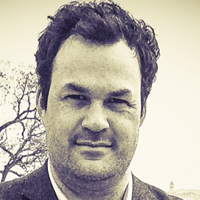 Robert Asselin — the seasoned staffer
Robert Asselin — the seasoned staffer
Title: director of policy to Finance Minister Bill Morneau
Formerly: associate director of the University of Ottawa’s Graduate School of Public and International Affairs
Important work: Building the profile and reputation of the University of Ottawa’s upstart school, up the Rideau Canal from competitor Carleton University’s more established Norman Patterson School of International Affairs.
Where policy meets research: Asselin has the most extensive politics background of this crop of policy wonks. He worked for Foreign Affairs Minister Stéphane Dion when Dion was intergovernmental affairs minister 15 years ago, and he was a speechwriter for former prime minster Paul Martin.
This article is part of the Policy-Making in the Trudeau Government special feature.





